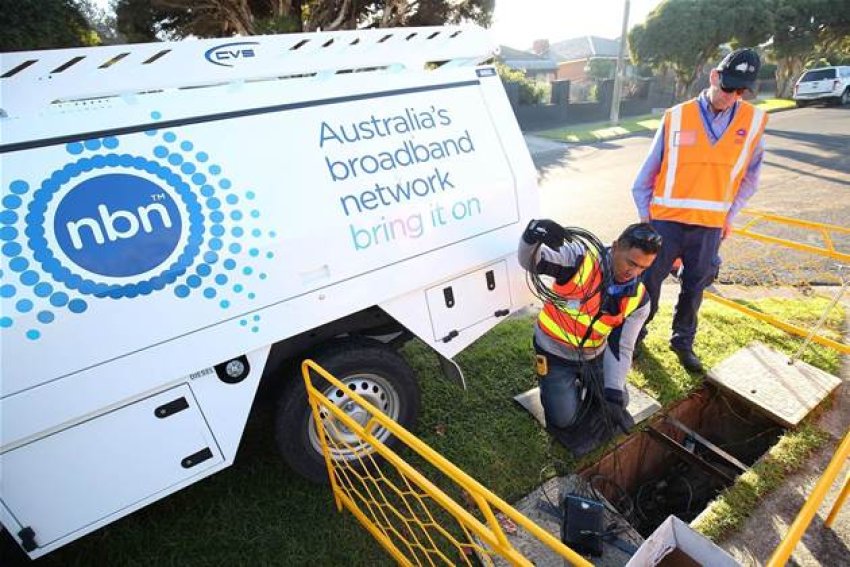
Labor now wants to keep the national broadband network (NBN Co, a government Enterprise Business) in public ownership, tabling a bill to that effect on October 9.
According to communications minister Michelle Rowland, the National Broadband Network Companies Amendment (Commitment to Public Ownership) Bill 2024 “reaffirms” the Labor’s commitment to ongoing public ownership of the NBN and removes clauses that create a pathway to its privatisation.
Rowland said the bill ensured that the NBN was considered a piece of “critical infrastructure” and that “in a time of rising risks of cybersecurity, we will ensure that the NBN stays in the ownership of the Australian people”.
The bill is a win for the Communications Workers Union (CWU), which has been campaigning against the sell-off. National president Shane Murphy said on October 9 that only a public NBN would remain universally accessible and affordable.
The CWU covers communications workers in the NBN, as well as those in Telstra and Optus.
“More than 8.5 million homes and businesses rely on the NBN to stay connected,” Murphy said. If the bill passed people will not be threatened with massive price hikes and service quality deterioration that would occur if the NBN was privatised, he said.
Murphy said that NBN workers are breathing a sigh of relief “knowing their jobs won’t be on the chopping block”.
The Coalition and Labor had been committed to eventually selling off the NBN.
However, before the 2022 election, Labor pledged to keep the NBN in public hands and Rowland has continued to affirm that. Nevertheless, the Coalition criticised the “rushed” bill, describing it as a Labor “stunt”.
Victorian Liberal MP Zoe McKenzie told Sky News that the Coalition had always thought the NBN “would be privatised when the time is right”, but is yet to spell out its position on the new bill.
It was the Kevin Rudd Labor government and communications minister Stephen Conroy who, in 2009, came up with a $43 billion plan to build a national fibre-optic cable network to replace the antiquated broadband services.
It aimed to deliver broadband speeds of 100 megabits per second to 90% of homes, schools and businesses. At the time, only a handful of countries had comparable speeds.
Private investment was encouraged, but it was capped at 49%. Rudd said then that the government would sell its stake in the company within five years of it being completed, if conditions allowed.
That plan was then “reviewed” by the Coalition’s communications minister Malcolm Turnbull, under the direction of Prime Minister Tony Abbott.
The review concluded that the NBN cost too much; it changed the original “fibre to the premises” (FTTP) plan to a mix of technologies that would be incapable of delivering high speed broadband to everyone who wanted it.
MichaelWest Media’s Kim Wingerei, writing in September 2020, said Australia was then ranked 50th in internet speeds worldwide, well below almost every European country, North America and many South East Asian countries.
By then, the NBN had cost $14.5 billion more than budgeted; it is now estimated to have cost well over $60 billion.
The Coalition’s revised 2014 network plan came in at $43 billion, compared to the original FTTP plan that would have cost $64 billion.
Senator Sarah Hanson-Young, Greens communications spokesperson, said on October 9 the party wants to ensure the NBN is affordable and accessible for all.
The Greens are seeking a Senate inquiry on the bill and considering putting amendments to cap executive bonuses, after the NBN CEO was paid more than $3 million in executive bonuses last year.
“Last time there was a minority government, it was the Greens who protected the NBN from being sold off by securing amendments that have kept the NBN in public hands.”